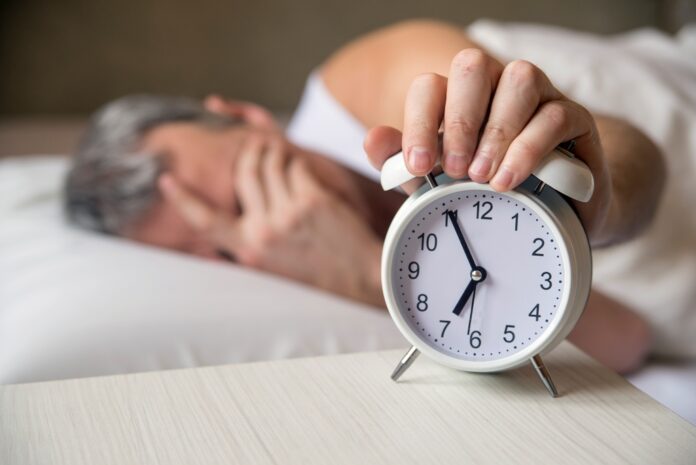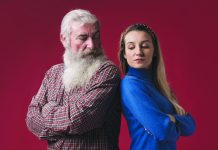Fatigue is a sense of tiredness that doesn’t seem to go away, even with rest or sleep. It often happens along with other symptoms, such as pain or poor sleep. You may feel fatigued during cancer treatments, right after treatments, or even for months after treatment.
Even as your cancer treatments are working and you are getting better, you may feel exhausted. Feeling fatigued does not mean that your cancer is getting worse or that your treatment isn’t working.
Symptoms such as pain, vomiting, diarrhea, lack of appetite, and nausea can cause fatigue. Talk to your doctor about treatments for these symptoms. He or she will also be able to help you if your tiredness is from anemia, medicines you are taking, or other health problems.
Rest and activity
Home treatment may help to relieve fatigue caused by cancer or the side effects of chemotherapy or radiation therapy. If your doctor gives you instructions or medicines to treat fatigue, be sure to follow them.
- Get extra rest while you are receiving chemotherapy or radiation therapy. Let your symptoms be your guide. Fatigue is often worse at the end of treatment or just after treatment is completed.
- Manage your energy. Plan ahead to make the most of the energy you have.
- Set priorities. Make a list of the most important things you need to do.
- Keep a list of the things that are less important for when you have help.
- Pace yourself. Rest when you need it. Fatigue usually has a pattern. Watch to see what time of day you have the most energy.
- Plan activities that require the most energy for when you have the most energy. For example, if you feel best in the morning and taking a shower is at the top of your list, plan to take your shower in the morning.
- Use labour-saving devices. This may mean having a bedside commode or using a raised toilet seat. Or this may mean using grabbing tools or a walker.
- Alternate rest with physical activity. Gradually increasing your activity may help. But exercise may not be good for some people who have cancer, such as those who have a fever or who have anemia. Talk with your doctor to see if exercise is okay for you. Walking, swimming and yoga are all good activities to help reduce fatigue.
- Eat foods that will give you a balance of calories, protein, carbohydrate, fat, vitamins, and minerals. Be sure to drink enough fluids. Try nourishing soups, which are easier to digest. Reduce your use of caffeine, nicotine, and alcohol, which contribute to fatigue.
- Get a good night’s sleep
- Go to bed when you are sleepy. Try to set routine times to go to bed at night and get up in the morning. If you can’t fall asleep within 20 minutes after you first go to bed (or if you wake during the night), get out of bed and do something else until you feel drowsy.
- Avoid long naps or naps in the late afternoon. And limit your total time in bed.
- Avoid caffeine after noon.
- Make your bedroom dark, quiet, and comfortable.
- Relaxation training may help. So can cognitive-behaviour therapy (CBT), which is designed to improve sleep quality.
- For a child with cancer, a set bedtime and a routine helps with sleep. Like adults, children need a bedroom that is comfortable. Having a familiar blanket, toy, or other security object that the child can take to bed is also helpful.
















